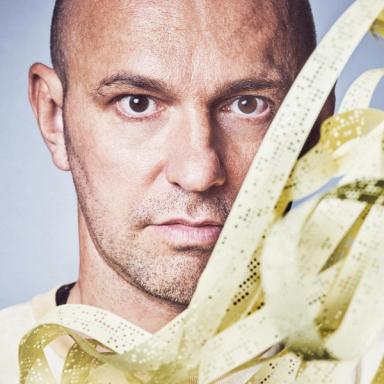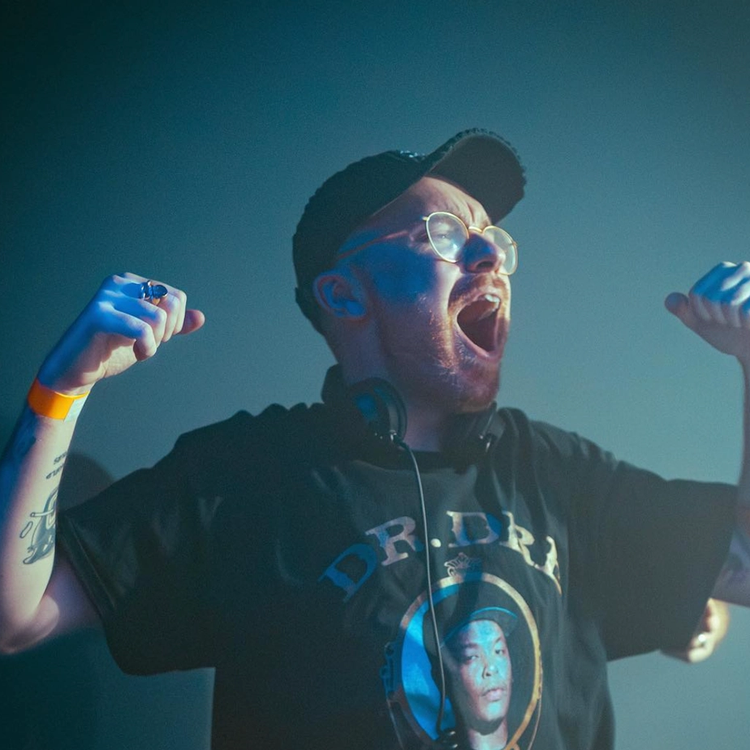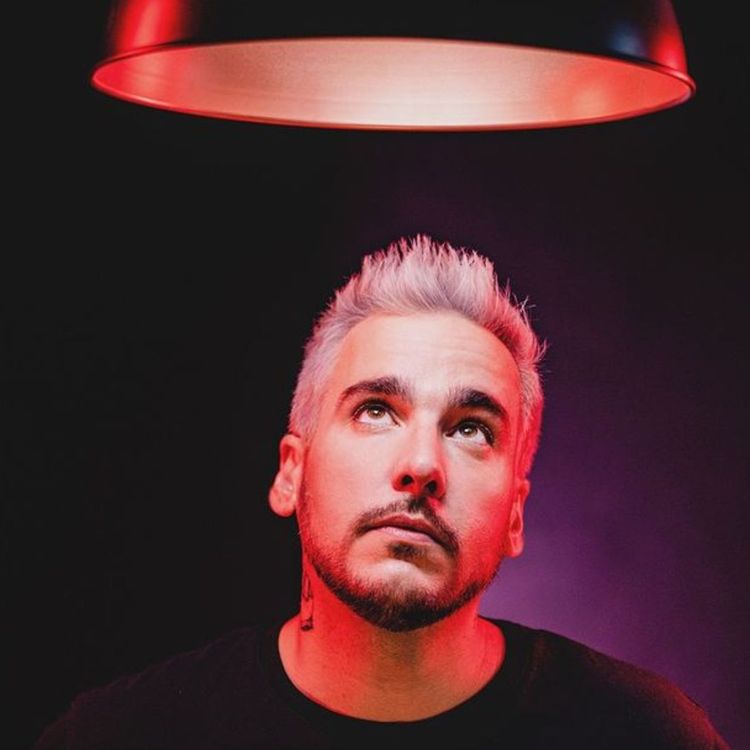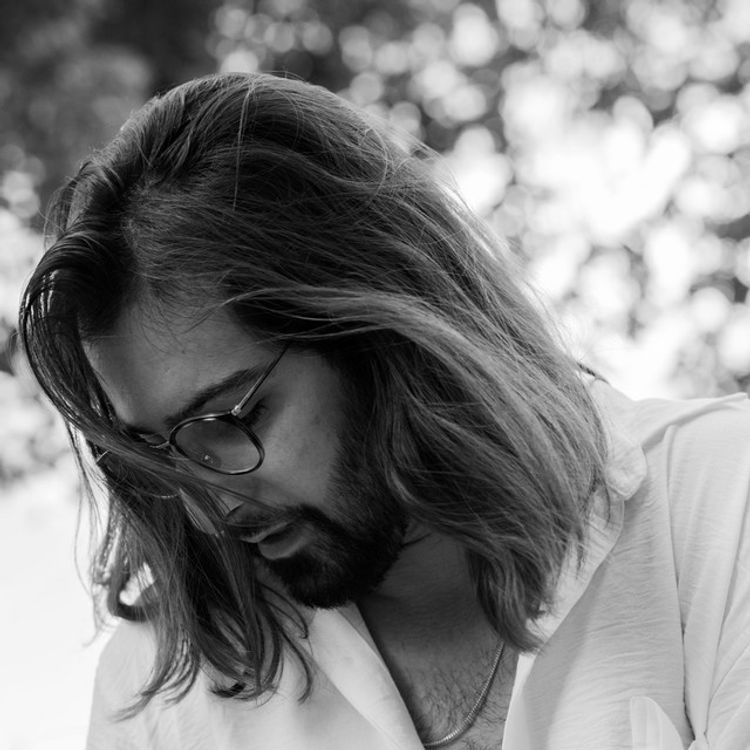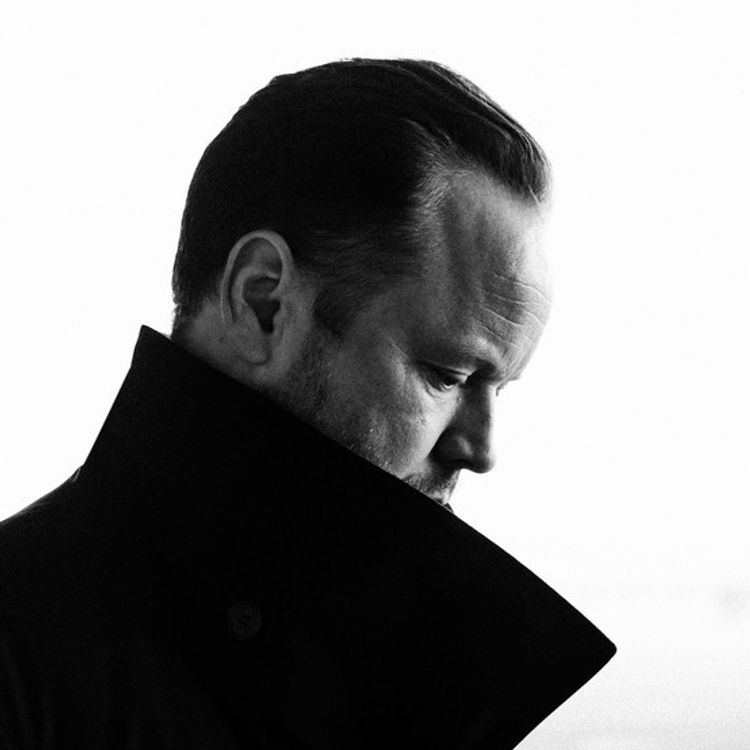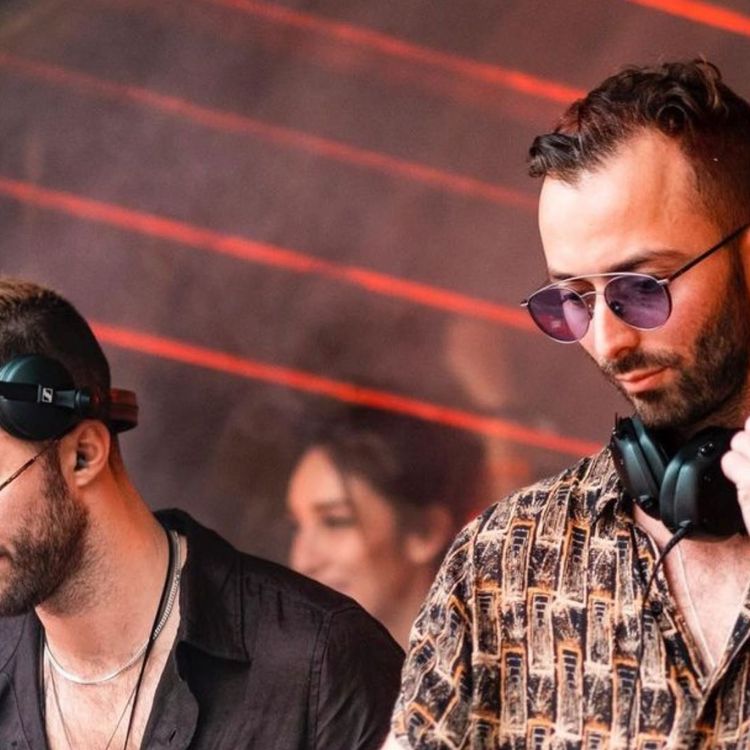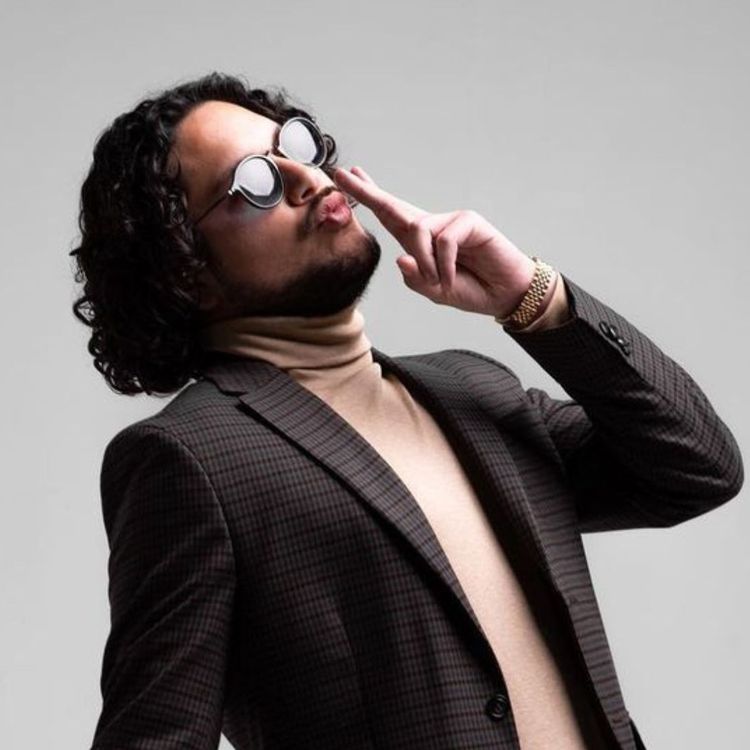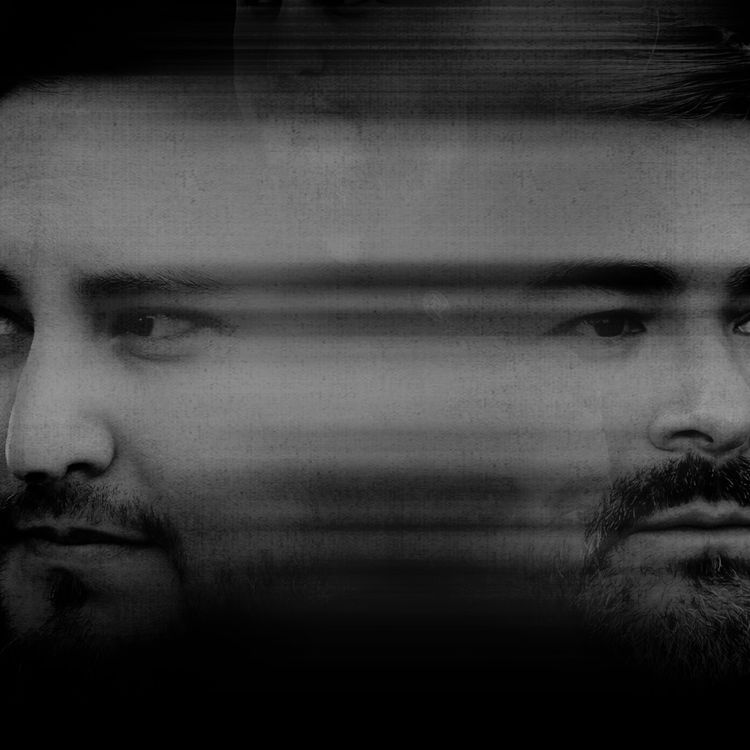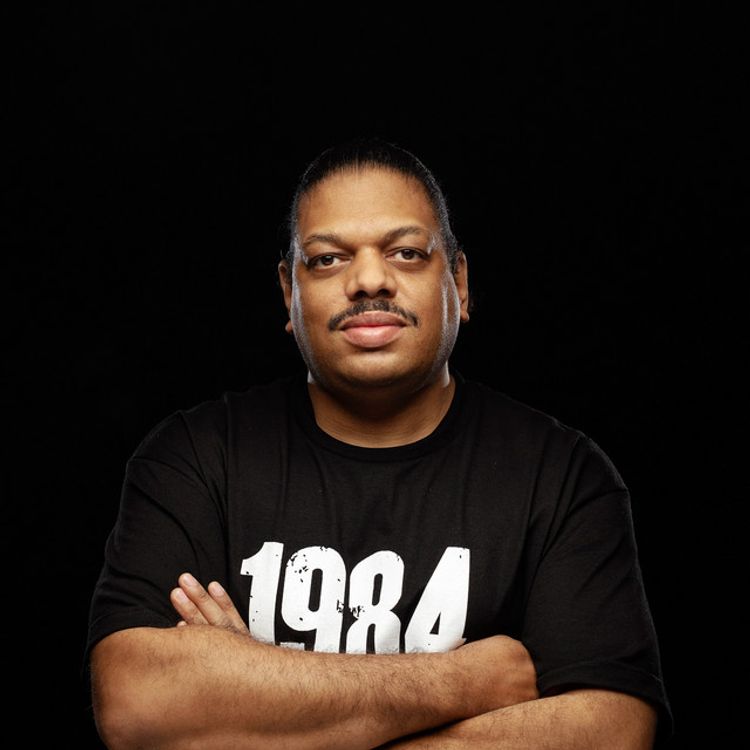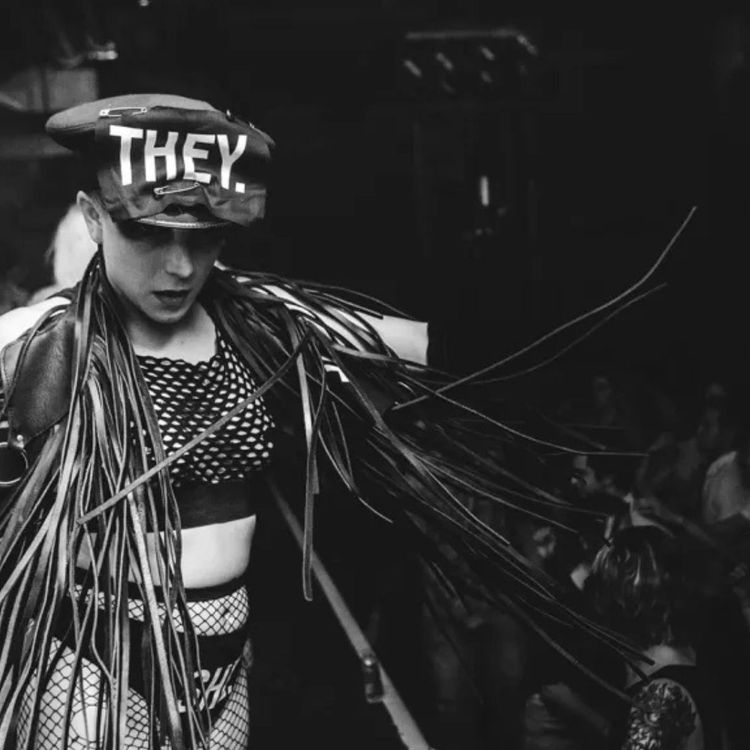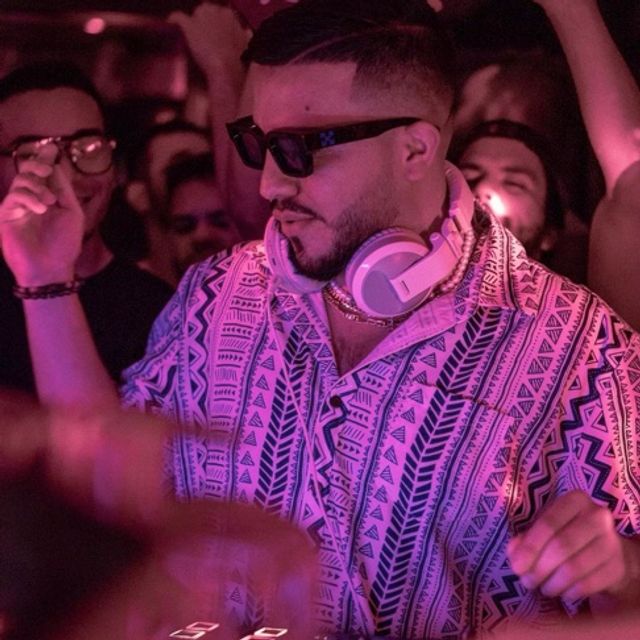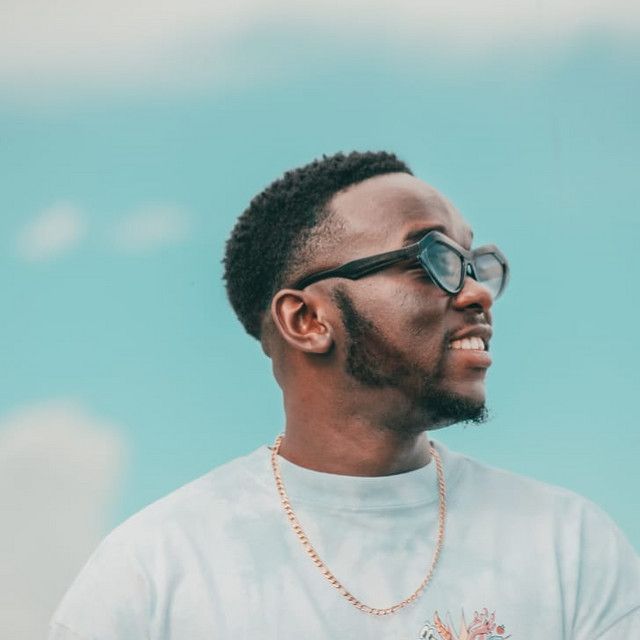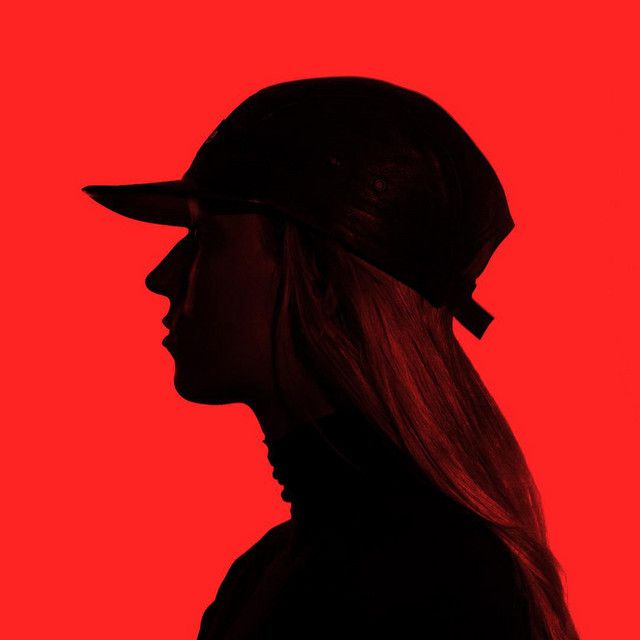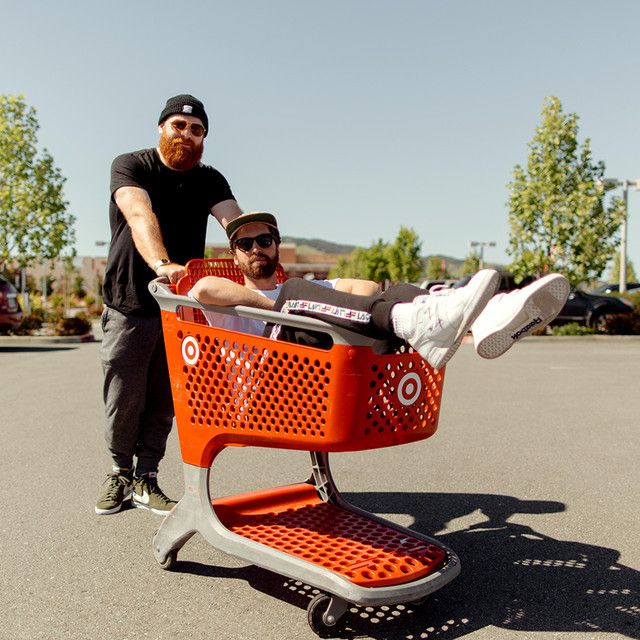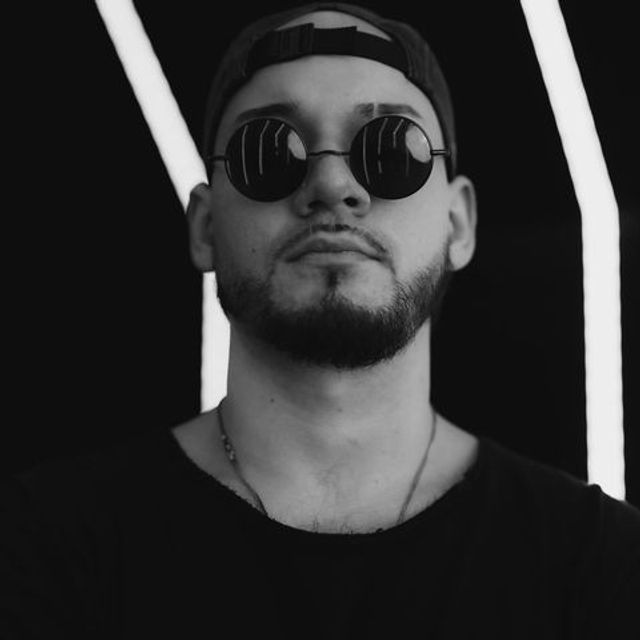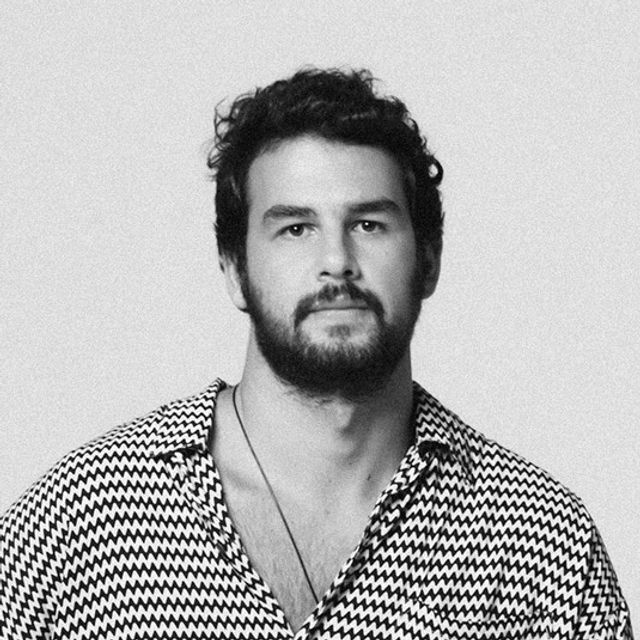Artist Spotlight
We do not often describe someone as a true savant and master of their craft. Henrik Schwarz, however, deserves these titles. For two decades, Schwarz’s dedication to only performing live has made him a member of a small set of dance music producers who prefer dancefloor experiences that mirror the energy of creating in the studio.
The internationally renowned producer and composer has a truly eclectic style with songs that range from melodic house, Afro house, and deep house to classical, all tinged with jazz samples to create a soothing and uplifting musical journey.
You perform live and have spoken before about the process that led to this. For those with less knowledge of music production and performance, can you give us some insight into how Ableton Live changed the game?
Yes, Ableton changed everything, I think, for three reasons. First, it didn’t crash. Second, and maybe most important, Ableton introduced “warped” audio. That means you could adjust the speed, rhythm, or pitch of an audio file or sample separately in real time! Wow! That wasn’t possible before, and that changed everything because now you were able to blend all kinds of music very easily. Very interesting and new from an artistic and creative perspective.
Third, they changed the production perspective from horizontal and arrangement based to vertical and based on overlapping loops. Very different than before. Over the years, they added MIDI and Max, a programming language, and they added many new ideas, but the groundbreaking three elements are still most important to me.

Over the last 20 years, your sound has developed and matured. That said, one could easily hear what influenced you at any point in your discography. For example, some of your early EPs, like Welcome to Sunday Music and Chicago, have clear jazz sounds. Can you tell us about that time in your career and what you remember from producing music back then?
Everything was new back then. And I found it super exciting. I followed the idea of combining all kinds of “traditional” music, like jazz, soul, and especially African music, with computers and digital elements. I found the combination of artificial elements and human elements would enhance both sides and make them stronger. “Digital” was breaking into our human world, revolutionizing all aspects. Music was and is a good language to discuss all that without words.
How different was the process of music production in 2003?
Not so different from my perspective. I was literally one of the early bedroom producers in 2003. My studio has grown, but still, the process is similar. What has changed is the level of innovation in music technology. From 2003-2013 you would get a radically new software synth or new music software once a month. So it was easy to get inspired by trying out new things. That has changed. In the past few years, there have not been very many new ideas in this field from my perspective. Many music software companies are copying the same old gear, and hardware companies are also copying the same old gear. Only a few of them reach the level of greatness and magic of the originals. I think that is a problem. We need some fresh ideas on the technology side, but there is hope with new AI-based concepts. A lot is not really cool and doesn’t sound good, but some of what I have seen and tested might become a future revolution in music again. I am looking forward to that.
You have often spoken about the influence African house music has had on your career. African sounds get less credit than deserved for their outsized influence on electronic music. What has your personal experience been with these genres?
That, sadly, has been very true for many years. There's not enough credit for African artists. I have always felt a very strong connection and respect. I don’t know where it comes from, but I believe we are all connected. African music has always touched me most at the inner core of who and what I am. I am very happy to see the rise of African artists all over the place now, finally, and I think this is only the beginning.
2006 you dropped “Where We At” with Dixon, Âme, and Derrick Carter. How did you all connect, and do you still have a relationship with those guys?
Oh yes, that was fun! I met Dixon in London on a bus to the airport back home to Berlin. We started talking and decided to meet in the studio during the next couple of days to try a few things out. Things developed pretty easily as we found we had a great common ground. Steffen had just founded Innervisions, and at some point, he suggested I should also meet the two guys from Karlsruhe who ran the label with him. That was Frank and Kristian from Âme. So shortly after, we became a production team for “Where We At.” We loved the same music, food, and shoes. Steffen has an incredible antenna for what works and what can be left out. Frank is a fantastic musician, and I don’t need many words to describe this. Kristian has incredible music knowledge and ideas from outside the music world. We started traveling, playing, and releasing music together and still have a strong connection. They are the ones I still trust to test new ideas.
You have spoken about your desire to move away from the computer and about MIDI controllers not being built to your needs. You’ve also expressed the desire to create your own controllers. What are you doing to accomplish this?
For a long time, the medium (the computer) had a too strong impact on the message (the music). Also, the interface (mouse) is not musical. My quest has always been to turn the computer into an instrument. And that means it would react very fast and intuitive, and playful. So I don’t want to turn away from the computer. I want it to disappear in the process, just like a piano or a guitar does. Around 2017, I had the feeling computers became fast enough to handle everything in real-time and not slow down the process of performing. There are many MIDI Controllers out there, but not many of them do exactly what I want. I don’t want to be the slave of the machine, and I want to play my way, so I decided to build my own controllers.
Does creating a custom piece dramatically alter how you play, or simply make the performance more cohesive?
Absolutely yes. A few years ago, I built my own drum machine out of a Native Instruments Traktor Kontrol F1 MIDI controller. This has changed my performance and the way I play drastically. I still add new features all the time. During the last two years, I have developed custom touchscreen MIDI controllers to remote control Ableton. I've used them in my shows for a few months now and it is great. Sometimes my computer goes into screen saver mode now during the show, as I don’t touch it anymore. This is a dream come true, and it is only the beginning. With Arduino as a cheap development platform, anyone can do this now.
If you could only keep one synth or piece of equipment from your studio, what would it be?
It would be my piano, for sure. I can’t play well, but this is still the most beautiful instrument for me. If you are asking for a synth, I maybe would keep my OP-1.
You played for Cercle in 2019, performing a live set at the Cathédrale de Chartres in France. The brand is truly legendary, and your set was nothing short of spectacular. How different is your preparation for that kind of event versus a regular show? What was your reaction when they approached you to do it? How far out is the event planned?
What they do and how they do it is impressing me. It is a whole new perspective on our music, a whole new context. I know they prepare a lot to make those shows possible, and it gets crazier every time. For me, our electronic music set is a global perspective. It connects people all over the planet. Different languages and cultures connect and exchange. I find that very important for our future as human beings. We have to connect to solve problems. What electronic music does on an acoustic level, Cercle does on a visual level. They show us all those incredibly beautiful places all around the world. The music is the vehicle. From my perspective as a performer, I didn’t prepare very differently than normal. The music is ready to be played, and I react to my audience and the situation. I try to feel the vibe, send a spark, and hopefully get a storm back.
You recently played for Cityfox’s closing party at the Brooklyn Mirage. It’s a truly special event and brand that has made a home for itself in NYC. What do you think of the brand and what has your experience been playing their events over the years?
Some places just do more than others. On my first visit years ago, I remember I couldn’t believe what they had set up there. It is sensational and one of the most impressive venues I have seen. They put so much focus on all kinds of details, and I know how much work this is. So I deeply respect everyone who is part of this production. The infrastructure is just one half of the whole thing. The second half is the people who run it and fill that space with a positive vibe. Everybody I met there is so lovely and professional at the same time. You don’t find that on that level all the time.
What is next for you after so much accomplishment? Further development in the live show? An album?
There is always a little bit too much going on. I am happy about that. I am releasing a new album with Bugge Wesseltoft. During the two years at home, I have written a lot of new music that needs to be finished. After nearly two years of not traveling and playing, I felt very confused and wasn’t able to finish much new material. The summer has been good, so I am full of energy again to work on things. An album is in the works. With a great team, I have developed a hardware unit for musicians that will come out in 2023. And, of course, some new singles will come out as well.
